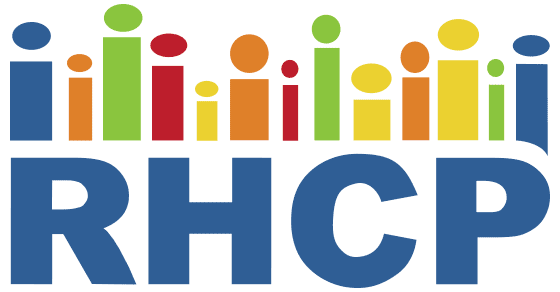Pilot Feasibility Study of a Digital Storytelling Intervention for Immigrant and Refugee Adults With Diabetes
The Diabetes Educator 2017
RHCP developed and tested a culturally and linguistically tailored digital storytelling intervention to support diabetes self-management among Somali and Latino immigrants with type 2 diabetes. The intervention consisted of a 12–13 minute video featuring four personal stories, an introduction, and a closing educational message, all created through a participatory process. Delivered during routine clinic visits, the video was rated highly by participants for its usefulness, interest, and motivational impact. After viewing, 96% felt more confident managing their diabetes, and 92% reported intentions to change specific behaviors. A1C levels decreased significantly among Latino participants, particularly those with higher baseline values, suggesting potential clinical benefits.
The intervention’s success was rooted in its CBPR framework, which emphasized community ownership, cultural relevance, and authentic storytelling. Participants identified key messages aligned with diabetes self-management—healthy eating, physical activity, medication adherence, and glucose monitoring—and expressed willingness to share the video with others. While the pilot study was nonrandomized and limited in size, it demonstrated feasibility and acceptability across diverse clinical settings. These findings support further research into scalable, narrative-based interventions to address chronic disease disparities in immigrant and refugee populations.
